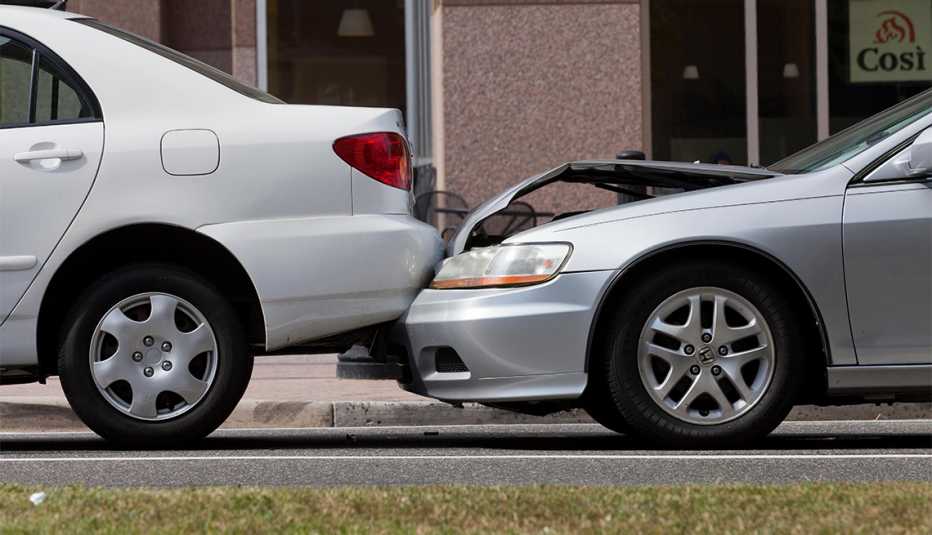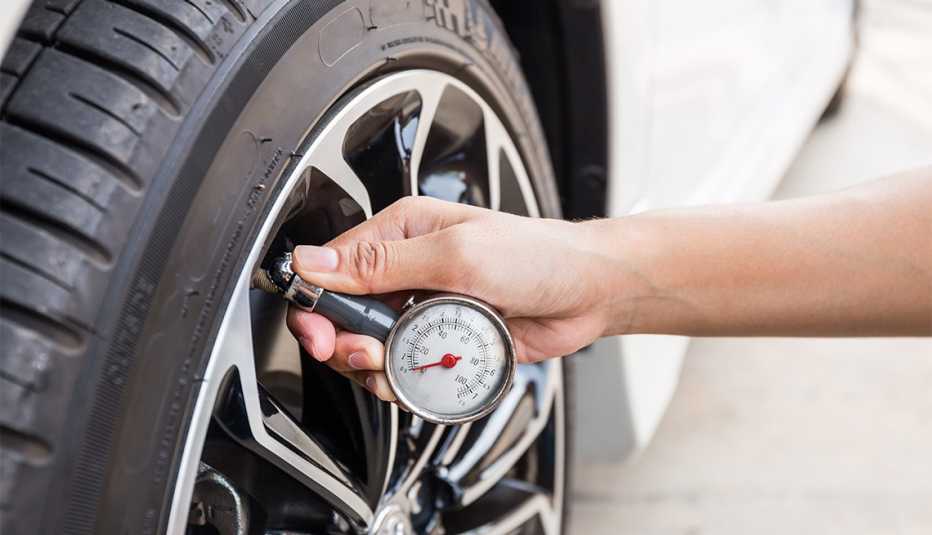AARP Hearing Center
You may have been getting calls lately about your extended car warranty. Of course, you don't have one, so the caller is all but certainly a scammer. But there are such things as legitimate extended car warranties and you can buy them. If you have a tight budget and an unreliable car, a warranty might be worth the money. In many cases, however, you can do without one.
What are extended car warranties?
First of all, extended warranties are service contracts, not warranties as defined by law, according to the Federal Trade Commission (FTC). A warranty comes with the car, offers a promise to fix certain defects during the warranty period, and is included in the sales price. A service contract simply lists the things that the other party will fix, what you'll pay for the contract, and other fees.
Your first job is to see whether your car's warranty will cover the same things as the service contract does. In addition to the traditional three-year bumper-to-bumper warranty, which covers most things on a vehicle, most new cars also have a power train warranty that covers the car's transmission, engine and drivetrain. Typically, a power train warranty lasts longer than a bumper-to-bumper warranty. Hyundai and Mitsubishi, for example, offer 10-year/100,000 power train warranties; Cadillac offers a six-year/70,000 power train warranty.
If you're buying a used car, the car may still have a manufacturer's warranty. You can find out by looking at the buyer's guide posted on a side window. If the car still has the manufacturer's warranty, you don't need the service contract.
If the car is being sold “as is,” meaning the seller makes no promises and won't fix anything that breaks, you may need an extended warranty. The same is true for so-called implied warranties, the unwritten promise that if you buy a used car, you expect it to run instead of bursting into flames. Implied warranties also mean that if you bought the car for a specific purpose, such as towing a trailer, you shouldn't expect the trailer to fly into the bushes when you hit the cloverleaf on Route 128. Many states do have “lemon laws,” which may give you some added protection in the event you get stuck with a defective vehicle.
What do extended warranties cover?
Next, you need to know what's covered by an extended warranty. Parts that are usually replaced routinely because of normal wear and tear, such as brake pads, tires and clutches, are usually not covered. Other questions to ask:
- Who will be doing the repairs? If I break down 1,000 miles from home, will there be a nearby mechanic or dealer who will honor the warranty?
- Is there a toll-free number I can call when my car breaks down? Does someone actually answer?
- Will the repairs be made with new or reconditioned parts?
- Is there a deductible? If I get a $1,500 repair bill, how much of that will I have to pay? And is there an overall limit to how much the company will pay in a year?
- How long does the extended warranty last?
- Does the company backing the extended warranty have any complaints against it with the Better Business Bureau?
How much does an extended warranty cost?
Finally, there's the matter of cost. The average extended warranty costs $1,500, but some can cost as much a $3,000, according to WalletHub, a personal finance website. The cost depends on the company issuing the warranty and the make and condition of your car.
































































